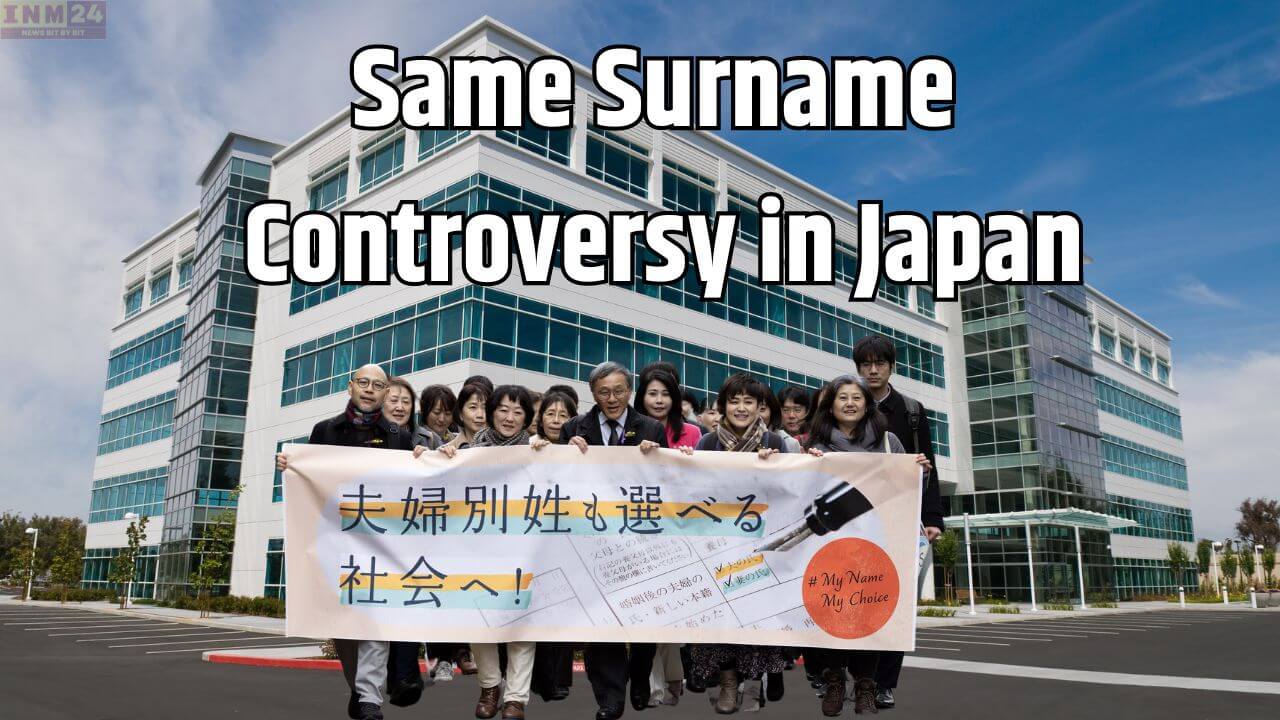In Japan, a significant legal dispute has erupted over the law that mandates couples to share the same surname after marriage. Six couples have filed a case in the Supreme Court, arguing that this law is causing difficulties for women, particularly in advancing their careers. According to the petition, this law is posing obstacles for women in progressing in their careers due to the challenges associated with changing surnames.
Background of the Law
The law in question was implemented in Japan to formalize a patriarchal social structure, where the husband’s surname is adopted, reinforcing traditional family norms. However, in contemporary Japan, many women who use their maiden surnames face challenges in accessing various essential services and benefits.
Impact on Divorce
The repercussions of this law extend even to divorce proceedings. The law can impede divorced women from obtaining custody of their children, adding another layer of complexity to an already challenging situation. Despite several petitions challenging this law in the Supreme Court, it has been consistently upheld, prompting calls for reconsideration from various quarters.
Corporate Support for Change
Many major corporations in Japan are advocating for a revision of this law. Male managers, in particular, are supporting the need for change in the system, requesting the option for all married couples to retain separate surnames. This change is seen as essential for fostering an environment of harmony and equality within the workplace.
Recommendations from Keidanren
The influential business lobby group, Keidanren, has proposed recommendations to the government regarding this issue. They have expressed support for changing the law and introducing a system that allows all married couples to retain their individual surnames. It’s worth noting that Japan has followed the tradition of mandating a single surname for married couples since 1898, and the push for change represents a departure from long-standing conservative norms.
Potential Societal Change
Couples advocating for amendments to this law in the Supreme Court, along with the support from corporate managers and business groups, hope that a new system allowing separate surnames for all married couples will bring about positive societal changes. The current legal battle reflects the shifting dynamics in Japanese society, where there is an increasing emphasis on equality and harmony.
As Japan grapples with questions and challenges regarding the law requiring shared surnames after marriage, the discussions and debates signal a societal shift towards more inclusive and egalitarian values. The Supreme Court’s decision and the growing support for change from influential entities may pave the way for a legal amendment, symbolizing a step towards a more equitable and progressive Japanese society.
